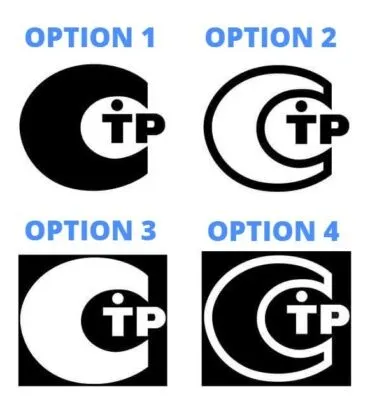Let’s set the basic concepts you need to know about GOST Certificates. Everything will make sense after that.
5 Key Points to Understand GOST Certificates

Meaning
What is a GOST Certificate?
The acronym GOST comes from Государственный Стандарт (Gosudarstvenny Standart), which literally means “state regulation.” Introduced almost a century ago, GOST certificates established the technical, safety, and quality requirements needed to authorize products for sale—first in the USSR, and later in Russia and most of the former Soviet republics.
After the early 1990s, each newly independent country defined its own system of regulations, giving rise to designations such as GOST K for Kazakhstan and GOST B for Belarus. In practice, when we speak about a “GOST certificate” in general terms, we usually refer to GOST R, the series of regulations applied in Russia. Strictly speaking, however, the term simply means “a regulation issued by a state”—and that state may be any of the former USSR republics, such as Uzbekistan.
GOST regulations differ from EAC regulations, which are supranational and constitute the legal framework of the Eurasian Economic Union (EAEU), comprising Russia, Belarus, Kazakhstan, Kyrgyzstan, and Armenia.

Scope
When a GOST Certificate is required?
GOST regulations are legally subordinate to EAC regulations and apply solely when there’s no applicable EAC regulation established under the CU TRs (Customs Union Technical Regulations). In practice, a GOST Certificate may still be required for certain products or processes not yet covered by the EAEU framework, or when national authorities request it as complementary evidence of compliance.
Within the EAEU, some products that are subject to supranational regulations in the EU remain entirely under national regulations. This is the case, for example, with construction products and medical devices. In such cases, there may (and indeed there often are) significant differences between the GOST regulations of each country.

Procedure
How can I obtain a GOST Certificate?
Because GOST Certificates are issued at national level, there are often significant differences from one country to another. Even when the same standards are formally used (for example, the Russian GOST R standards), the procedure to obtain certification can vary widely depending on the local authority in charge.
In addition to these national differences, the type of certificate also determines the procedure. A voluntary GOST Certificate is generally simpler and requires fewer documents, while a specific certificate such as a GOST Fire Certificate involves much stricter requirements, including product testing within the EAEU, an initial factory audit, and annual surveillance audits.
GOST certification procedures follow different schemes (such as 1c, 2c, etc.), which define whether testing, audits, etc. These schemes are not the same as the ones used for EAC conformity, so care must be taken not to confuse the two systems. For example, scheme 3 is often used for serial production certificates valid for one to three years and requires periodic factory inspections or sample testing. In contrast, scheme 2 may apply to one-time deliveries or limited batches, with fewer requirements and shorter validity.
To determine precisely which procedure applies, certain information is essential: the HS code of the product, the technical documentation (manuals, datasheets), and any specific requirements from the final customer. This information allows us to identify the correct scheme, the type of certificate needed, and the applicable national rules.

Logo
Download the CTP logos
Unlike the EAC Marking, which uses a single, unified logo across all EAEU member states, there is no single logo for GOST Certificates. Each country has developed its own version of the GOST mark, and in some cases even different logos are used depending on the type of certification.
The logo shown here is the GOST R mark, historically used in Russia to indicate compliance with the national certification system. The letters СТР stand for Сертификация Товаров России (“Certification of Products of Russia”). This logo can be applied on products that have obtained a mandatory or voluntary GOST R Certificate.
You can download your favourite version of CTP logo here:


Types of GOST Certificates
What types of GOST Certificates exist?
GOST R Certificates (Russia)
These are the most common GOST certificates, issued under the Russian national system. They cover both mandatory and voluntary conformity documents.
Specialized GOST R Certificates
Beyond the general certificates, Russia also issues GOST Certificates in specific fields, such as fire safety, quality management systems, and metrology.
Contact us if the GOST R Certificate you need is not included in this short list.
Other National GOST Certificates
Each former Soviet republic has developed its own national certification system. Some of them still use the GOST name, while others have different designations for their national certification systems.
Again, contact us if you need certification in any other CIS or former USSR country. We can most likely help, as we work with partners across all these countries.
Free Certificates Review
- Validation of your current certificates
- Regulatory update check
- Guidance on renewal